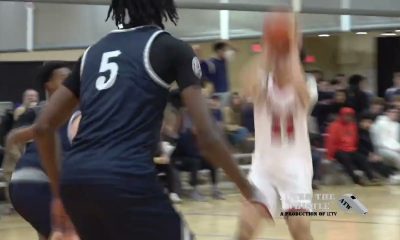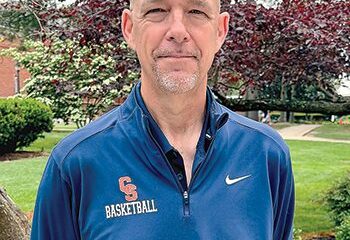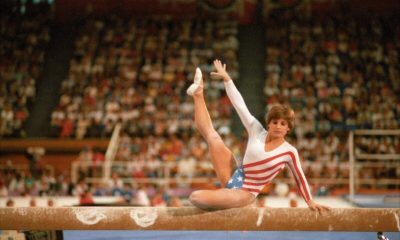BYU’s Lexy Lowry destroyed the national record in the 3,000-meter steeplechase at Saturday’s NCAA track and field championships in Eugene, Oregon.
Unfortunately for her, someone else broke it ahead of her.
Alabama’s Doris Lemngole, a sophomore from Kenya, crossed the finish line with an astounding time of 8:58.15. Not only did Lemngole run the fastest time in the world this year by 4 ½ seconds, but it was also the ninth fastest time ever.
Special Collector’s Issue: “1984: The Year BYU was Second to None”
Get an inclusive look inside BYU Football’s 1984 National Championship season.
She also broke her own collegiate record by nearly 12 seconds.
In finishing second, Lowry broke the BYU school record — set by Courtney Wayment en route to winning the 2022 NCAA championships — by 7 ½ seconds and recorded the sixth-fastest time in the world this year.
She improved her personal record by 10 seconds.
In the day’s other big local news, BYU’s Meghan Hunter, a senior from Provo, finished third in the fastest collegiate 800-meter run ever, and Sami Oblad became the school’s first first-team All-American sprinter.
BYU finished 18th in the team race, with 16 points.
Right from the start in the steeplechase, Lemngole and Lowry broke away and opened a huge gap on the rest of the field. Everyone else was running for third.
Lowry ran within a stride or two of Lemngole for four of the race’s 7 ½ laps and then the Kenyan’s wilting pace began to take its toll. Lemngole pulled away from her challenger and won by 10 seconds.
Lowry finished eight seconds ahead of the third-place finisher. Lowry’s teammate, the fast-rising Taylor Lovell, was placed ninth with a time of 9:39.43 – same as her ninth-place finish in last year’s race, only 10 seconds faster.
Pity Lowry. If not for Lemngole, she would own two national championships. She also finished second to Lemngole in the NCAA indoor championships 5,000-meter run in March (Lemngole and Lowry also finished 2-3, respectively, in the indoor 3,000 24 hours later).
Lowry, a senior from Meridian, Idaho, has to be considered a contender to make the U.S. World Championships team (she easily surpassed the automatic qualifying time on Saturday; now she must place among the top three at the U.S. national championships later this summer).
Undoubtedly, she will receive several contract offers from shoe companies to continue her career as a professional.
Lowry might be the most accomplished female distance runner in BYU history. She is the second-fastest collegian ever in the steeplechase and the fifth-fastest collegian ever at 5,000 meters. This season she set school records in the steeplechase, the indoor and outdoor 5,000-meter run and the indoor 3,000-meter run.
She was eighth in last summer’s U.S. Olympic trials and has improved dramatically since then.
Like Lemngole and Lowry in the steeplechase, Hunter and LSU’s Michaela Rose broke away from the field at the sound of the gun in the 800-meter run and opened a big gap.
Rose set a blistering — if not foolish — pace of 56.09 for the first lap, and Hunter followed in 56.41. It proved to be too much.
Stanford’s Roisin Willis, a former NCAA indoor champion, ran a more measured race and passed Rose and Hunter in the middle of the homestretch to win with a meet-record time of 1:58.13.
North Carolina’s Makayla Rose passed Hunter at the finish line to take second in 1:58.97. Hunter was third in 1:59.03. Rose, the 2023 NCAA champion, faded to fourth.
It is believed to be the fastest 800-meter race in NCAA history, with five runners dipping under two minutes. Hunter ends her collegiate career as the fourth-fastest collegian ever.
Meanwhile, Oblad, the converted heptathlete and high jumper from Stansbury Park, placed seventh in the 400-meter dash with a time of 51.57 to earn first-team All-America honors (awarded to the top eight finishers in each event).
She is the most decorated female sprinter in school history.
BYU, one of the premier distance-running schools in the nation, has competed in collegiate track and field for 43 years and has totaled some 290 event qualifiers for the NCAA championships during that time.
Only seven of them qualified in an individual sprint race — the 100, 200 or 400 — and none of them advanced to the finals until Oblad did it this week. She set an eye-popping school record of 50.49 a month ago.
In other local developments, Southern Utah’s Aja Hughes, a junior from New Mexico, earned first-team All-American honors by finishing eighth in the high jump.
It was a tight competition to say the least. Seven jumpers had a best jump of 5 feet, 10 ½ inches, and 15 jumpers cleared 5-8 ½, Hughes among them. The placements were based on fewest misses. Nebraska’s Jenna Rogers won the competition.
BYU’s Jenna Hutchins challenged the leaders with one lap to go in the 5,000-meter run, but when the field shifted to a sprint in the final 150 meters, she faded to 11th place with a time of 15:40.87.
BYU’s Gretchen Hoekstre, the school record holder in the discus, placed 22nd in that event with a throw of 165 feet, 7 inches.



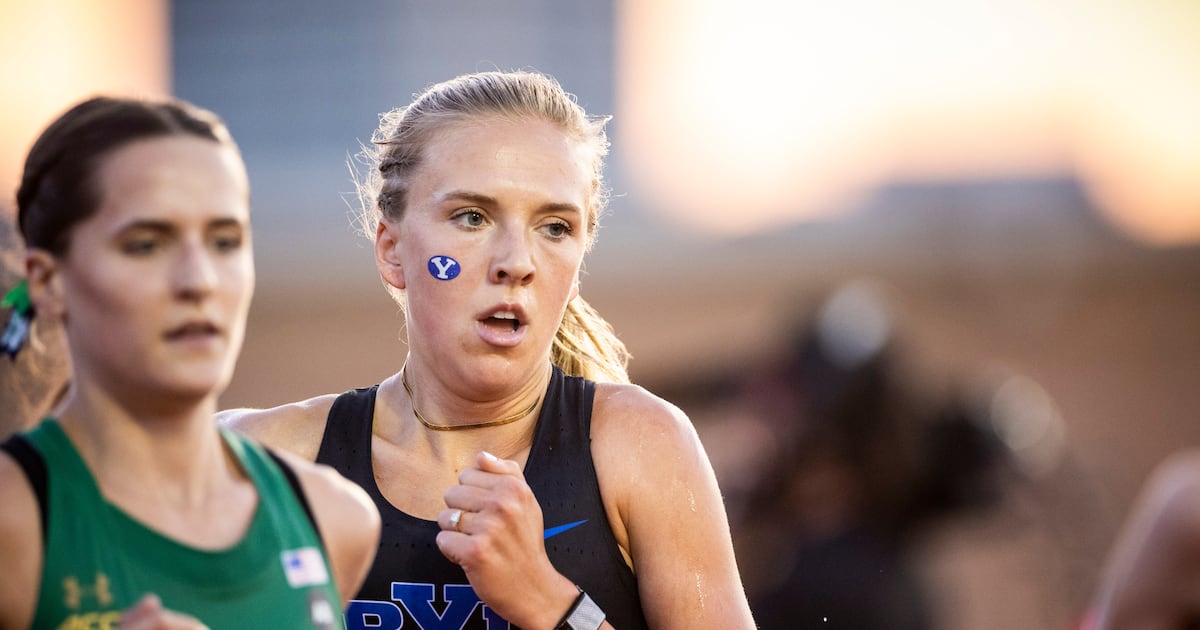

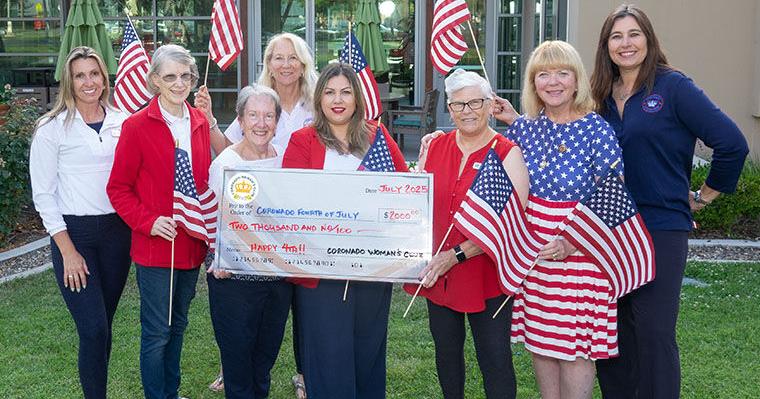

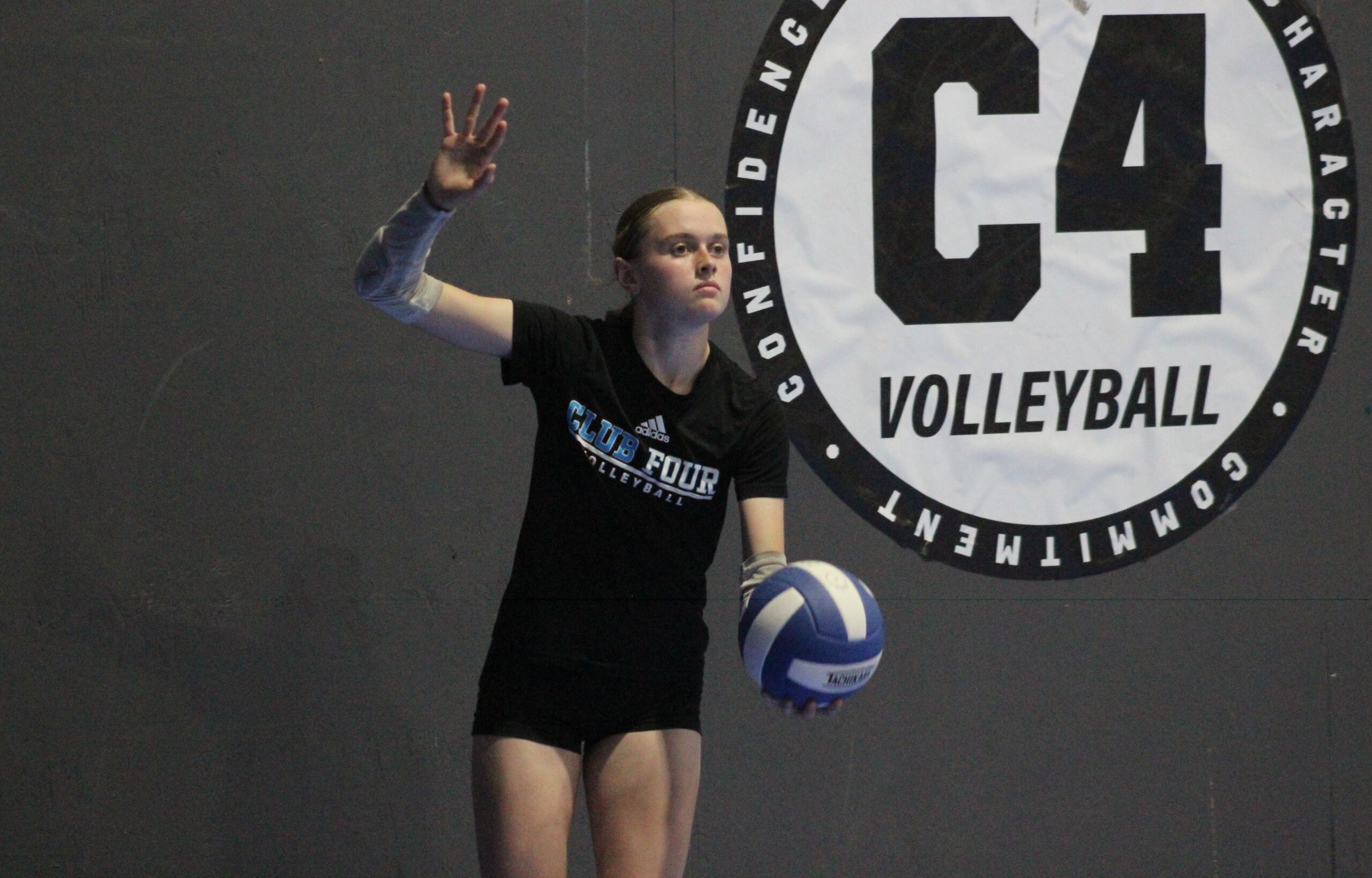
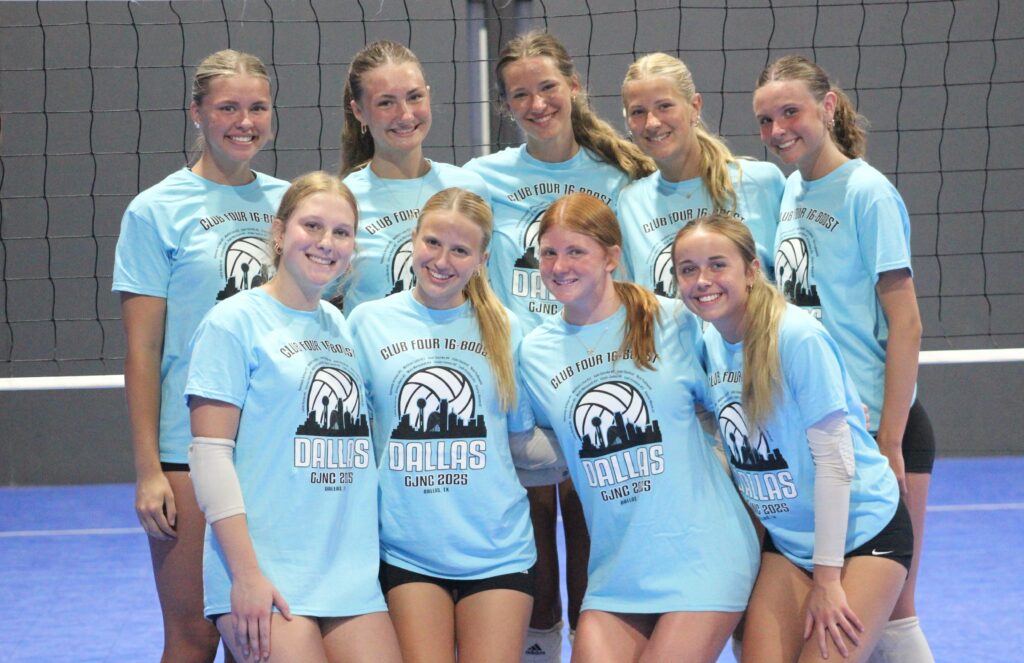
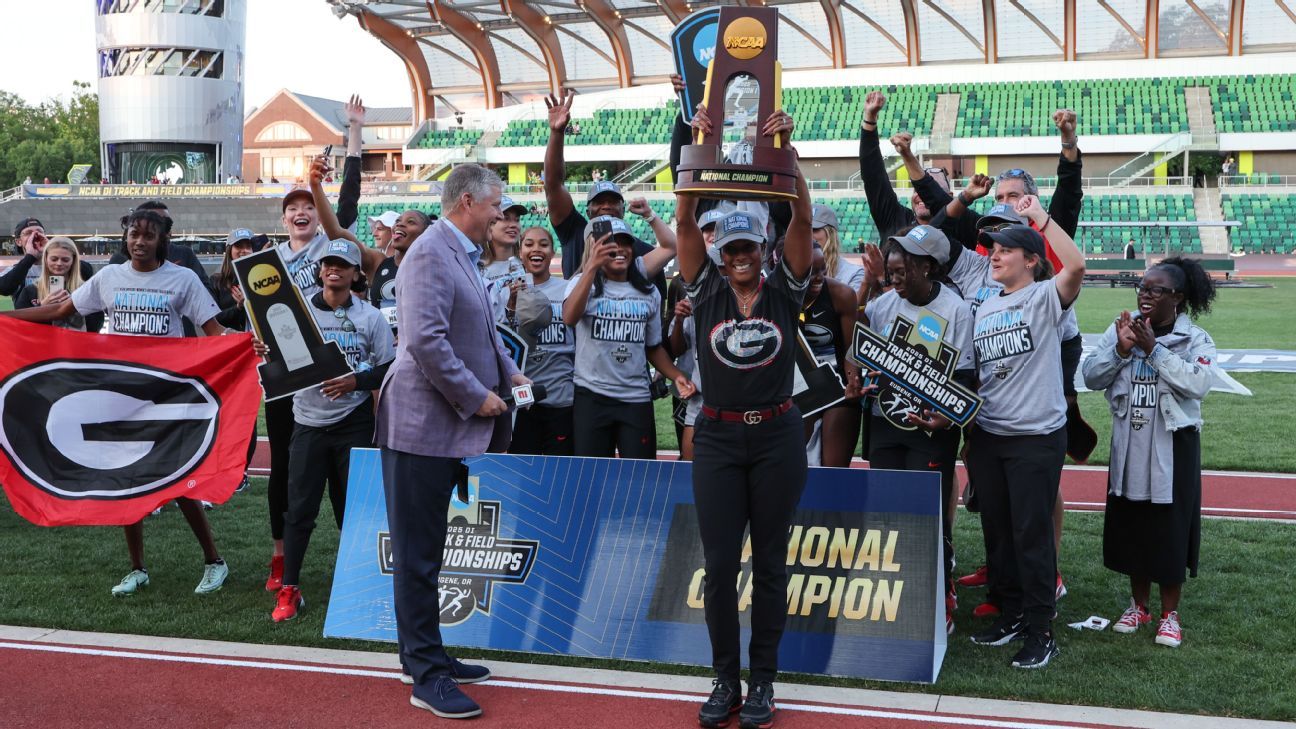
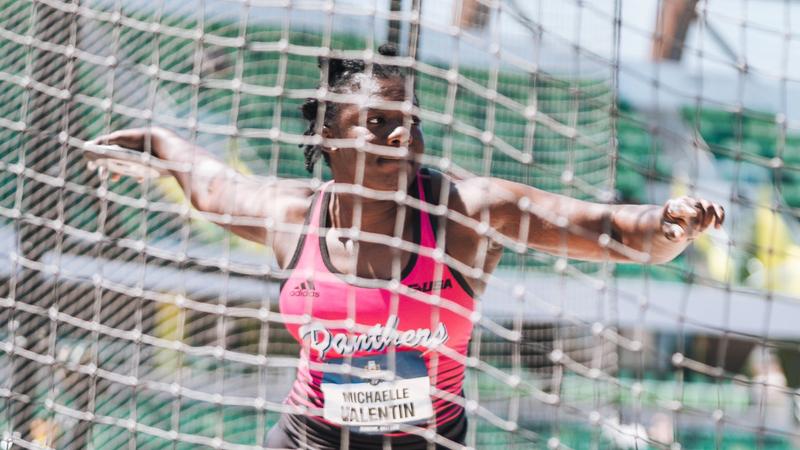








 |#Shorts
|#Shorts




























